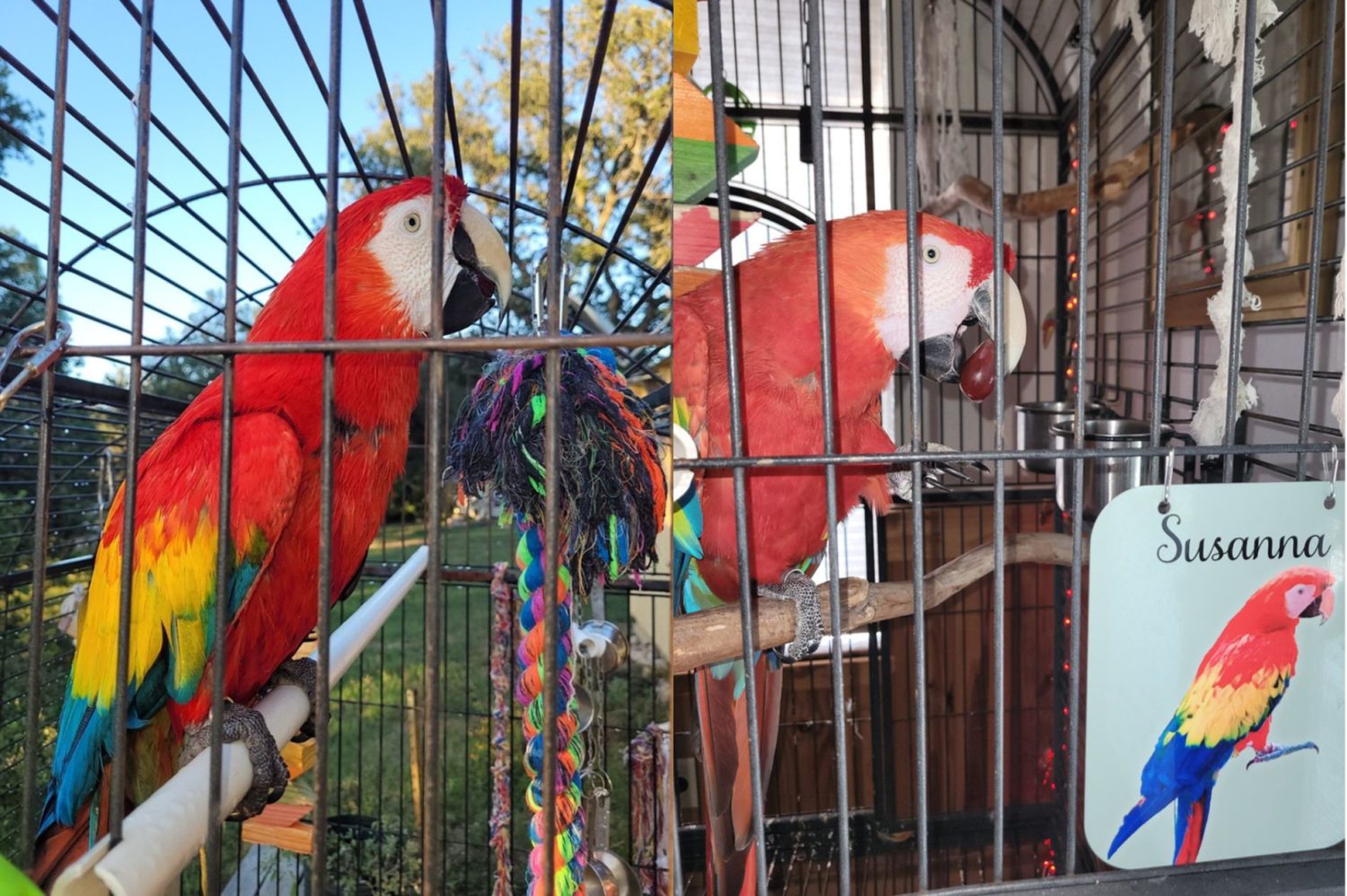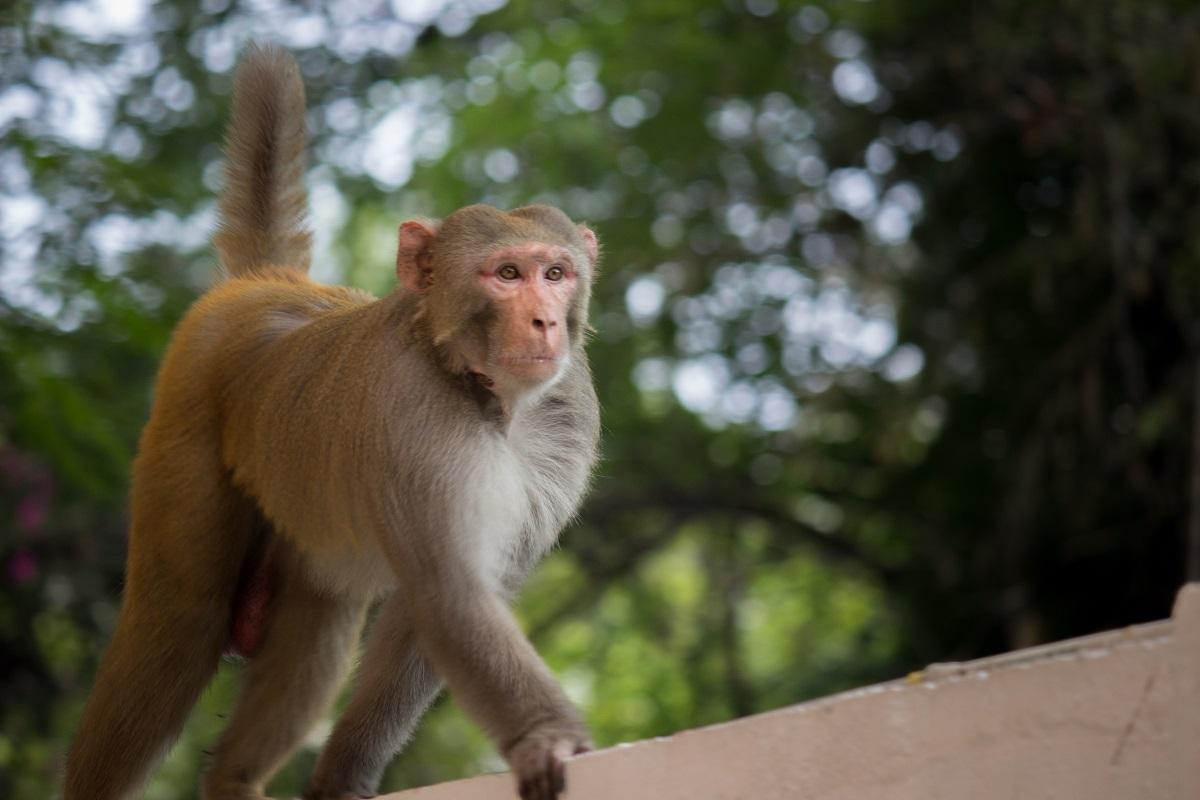Introduction: Exploring Careers Rooted in Animal Research
The recent webinar, Bridging Generations: The Synergy of Science and Care in Animal Research, brought together a father-daughter duo to share their experiences and perspectives on the role of animals in advancing biomedical science. Dr. Charles P. France, a renowned scientist in substance use disorder research, and Dr. Logan K France, a laboratory animal veterinarian, and BRAD (Biomedical Research Awareness Day) Program Director, delved into their unique career paths and the critical lessons learned in their journey.
Their discussion highlighted the importance of collaboration, ethical decision-making, and advocacy in animal research, providing an inspiring message for students, professionals, and anyone interested in the field.
The Path to Animal Research: Personal Journeys of Charles and Logan France
Dr. Charles P. France began his career in an unexpected way. Initially a music major, he found himself drawn to science after becoming a research assistant working with rats and monkeys in addiction studies. Witnessing the profound effects of drugs on animal behavior mirrored the devastating impacts he observed in humans, sparking his passion for science and the role of animals in research.
Dr. Logan France’s journey took a different route. Initially, on the path to becoming a medical doctor, she found her calling in veterinary medicine after an encounter with a scarlet macaw named Susanna at a summer camp. Her fascination with the bird led her to pursue veterinary school. To gain experience, she shadowed the team of veterinarians working with her father’s animals and became deeply involved in laboratory animal care.
Both stories illustrate the diverse paths individuals can take to contribute to biomedical science, unified by a shared commitment to care in animal research.

Attachment to Laboratory Animals: Lessons in Ethics and Compassion
Dr. Logan France shared a pivotal early experience working with a baboon during her veterinary internship. The baboon, lovingly named Peter, required euthanasia after complications during surgery led to partial paralysis. This emotional challenge underscored for Logan the importance of ethical decision-making and compassionate care in animal research.
She emphasized how veterinarians, investigators, and animal care staff collaborate to prioritize both scientific advancement and animal welfare. This teamwork ensures animals are treated with respect while advancing research that benefits society. Her experience with Peter solidified her dedication to biomedical research and the critical role of veterinarians in ensuring thoughtful care in animal research.
Bridging Science and Animal Care: The Synergy of Collaboration
The webinar highlighted the critical relationship between science and animal care. Dr. Charles France stressed the importance of providing optimal care for research animals, which is essential for reliable scientific outcomes. Veterinarians bring specialized knowledge to ensure procedures, species-specific considerations, and experimental designs are conducted ethically and effectively.
Charles also acknowledged the responsibility of calling out improper treatment of animals in research. While most scientists prioritize ethical practices, veterinarians play a vital role in upholding these standards and fostering collaboration that enhances both animal welfare and scientific discovery.
Case Study: Insights from a 13-Year-Old Rhesus Macaque
The webinar included a compelling case study about a rhesus macaque, 50R, who experienced health challenges requiring a collaborative diagnostic approach. Teams of veterinarians, radiologists, ophthalmologists, and behaviorists worked together to uncover her condition—a pituitary tumor affecting her health and behavior.
This case showcased the importance of teamwork in animal research, where diverse expertise converges to ensure comprehensive care and meaningful scientific outcomes. Such stories underscore how care in animal research benefits both animals and the broader scientific community.

Advancing Medicine Through Animal Research
Dr. Logan France emphasized how biomedical research, supported by ethical animal care, has led to countless medical breakthroughs. Vaccines for diseases like polio, smallpox, and COVID-19; antibiotics like penicillin; and treatments for diabetes, heart disease, and cancer are just a few examples of advancements made possible through animal research.
These contributions not only improve human health but also benefit other animals, demonstrating the interconnectedness of all species in medical progress.
The Role of Lab Animal Research in Fighting the Opioid Crisis
Charles and his team are developing methocinnamox (MCAM), a groundbreaking opioid antagonist that offers protection from the adverse and toxic effects of opioids like fentanyl for days or weeks with a single dose, unlike Narcan, which lasts only a few hours. This innovation addresses a critical gap, as many opioids often outlast Narcan’s effects, leading to overdose.
In a study using a highly predictive model of human drug abuse, in monkeys self-administering fentanyl, a single dose of MCAM blocked the effects of fentanyl for over two weeks. The animals stopped seeking the drug because it no longer had an effect. MCAM not only reverses opioid effects but does so safely, showing tremendous potential to save lives.

This progress would not be possible without the collaborative efforts of researchers, veterinarians, technicians, and the responsible use of animal models. Thanks to these efforts, MCAM is set to begin clinical trials in 2025, offering hope in the fight against the opioid epidemic. Despite such breakthroughs, opposition to animal research persists, often due to misinformation. Yet this essential work remains key to addressing public health crises.
Combating Misconceptions About Animal Research
Despite the vital role animals play in biomedical science, misconceptions persist, often fueled by anti-animal research organizations. These groups misrepresent research practices, overshadowing the ethical care provided to animals and the medical advancements achieved.
Logan encouraged attendees to advocate for the truth, highlighting the care in animal research and the collaborative efforts behind it. Advocacy ensures continued progress in medicine while maintaining the highest ethical standards.
BRAD: Promoting Awareness and Advocacy
Dr. Logan France introduced the BRAD (Biomedical Research Awareness Day) program, which she founded to educate communities about the essential role of animals in biomedical research. With over 300 institutions participating annually, BRAD events highlight the importance of science, the animals involved, and the professionals who care for them.

Logan urged institutions and individuals to join BRAD’s efforts, using its tools and resources to advocate for science and animal research effectively.
Conclusion: Celebrating Care in Animal Research
The Bridging Generations webinar showcased how compassion, collaboration, and advocacy form the foundation of ethical animal research. By prioritizing care for research animals and fostering interdisciplinary teamwork, professionals like Charles and Logan France demonstrate how animal research drives medical progress for humans and animals alike.
Whether you’re a student, professional, or advocate, there’s a role for everyone in supporting and advancing care in animal research. To learn more or get involved, visit programs like BRADglobal.org and read our recent blog story on BRAD.

